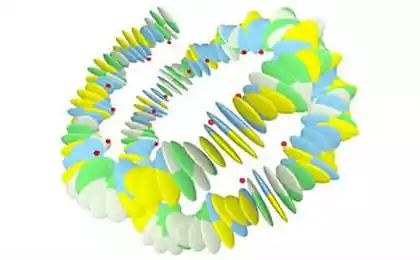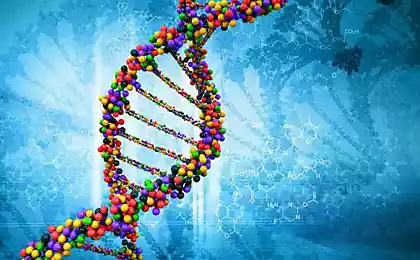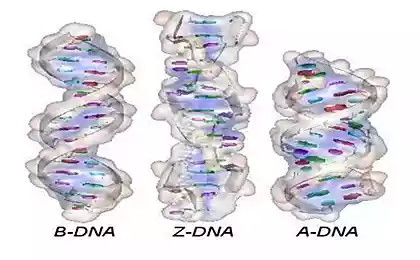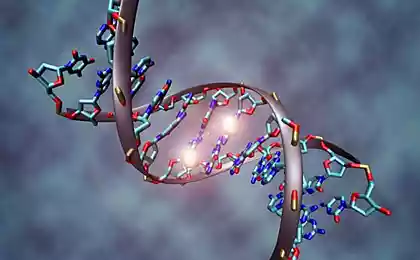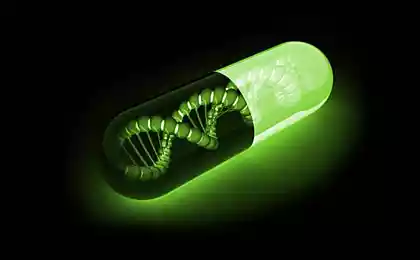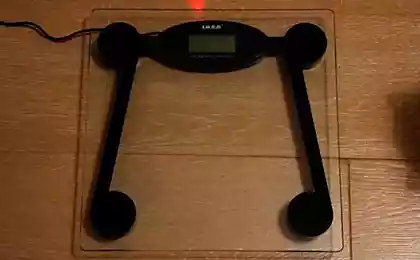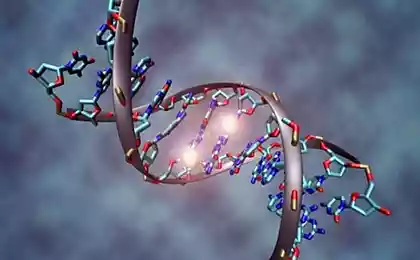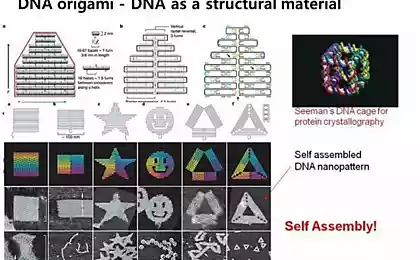806
Japanese scientists have designed nanovesy

Scale fork / Yabuno Lab. / University of Tsukuba i>
Can I weigh in the balance the molecule? Scientists from the National Institute of Advanced Science and Technology and the University of Tsukuba (Japan) сконструировали Scales , capable of weighing objects weighing a few nanograms to an accuracy of 1%.
While one team from Tsukuba turned off the aging of cells , has designed another nanovesy resembling a microscopic камертон. Compare with it is no coincidence - the scales operate on the principle of self-excited oscillation, when the oscillating body affects the phase of the oscillation source, which leads to a stable periodic motion.
"Devices based on double кантилеверов (Protruding teeth), which were made earlier, could only note the existence of the masses, but it can not be measured quantitatively, "- explains Hiroshi Yabuno, a university professor. Under his leadership, its graduates have designed a new type of nanovesy.
Scales are made in the form of a sandwich of two layers of silicon, between which is an insulator. Cantilevers have a size of 500 to 100 microns. We tested the scale on a polystyrene microspheres with a diameter of 15 microns.
After placing a weighed object on one of the teeth on the hearth structure of pezoaktuatora vibration. Due to the presence of the teeth on one measured object vibration teeth differ from each other. This difference is recorded two Doppler vibrometer.
As explained Yabuno, this method does not require a vacuum or ultra-pure environment for precise measurements. It can work in a liquid, which is especially important for scientists who work with unicellular organisms and cells.
Primarily, this method will be used for working with DNA hybridization, and for characterization, i.e. for studying differences in DNA from various cell. Also, these scales help to study at the cellular level, proteomes - a set of cellular proteins that are out there, or are synthesized anew in accordance with the instructions encoded in the DNA.
This is not the first scales, working at the nanoscale. In 2012 fantsuzskie physicists gathered microscopic scales of the four electrodes and connect to the vibrating plates, which are also sensitive enough to measuring the mass of the individual protein chains. To measure the vibration frequency of variant weights reads electrical readings from a thin vibrating plate.
Source: geektimes.ru/post/251438/
Opening of scientists biologists make rewrite the textbooks on human anatomy
Rare illustrations for the novel "War of the Worlds"
